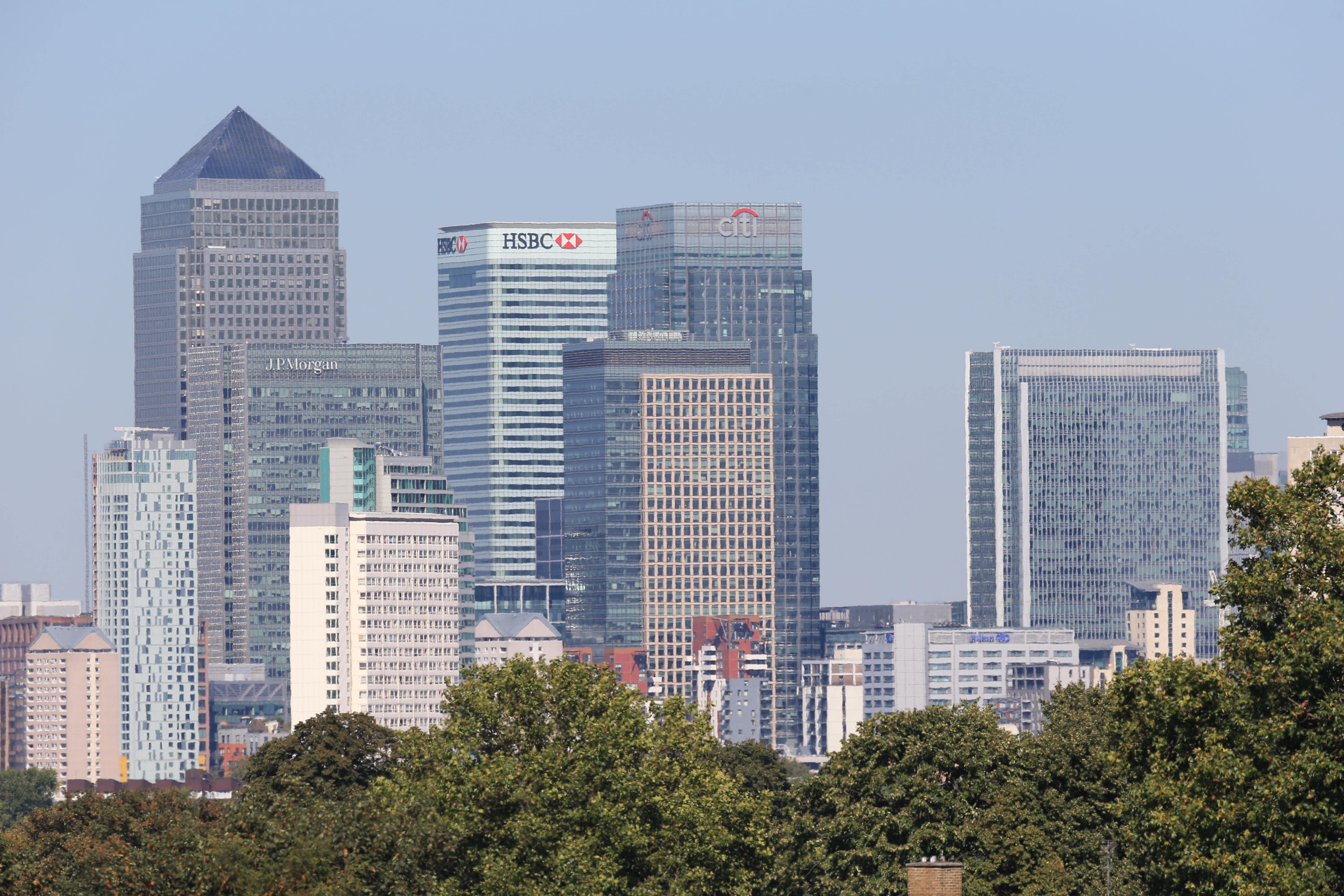Top UK banks could avoid Government bailout if they fail, Bank of England finds
The central bank said it is reassured that lenders will not need to rely on the public purse in the event of their own failure.

The UK’s biggest banks could stay open and would not need to be bailed out by the Government should they collapse, the Bank of England has found in an assessment of their crisis planning.
Eight major banks and building societies were evaluated over their so-called resolvability, meaning their ability to safely manage a failure without major knock-on effects for the UK economy.
It forms part of a post-financial crisis focus on ensuring taxpayers do not foot the bill for bank failures.
The Bank of England found that all of the firms had made “significant progress” in improving their preparations for a crisis.
It means they could remain open and continue providing banking services, with “shareholders and investors – not public funds – first in line to bear the costs of failure”, the report found.
During the global financial crisis about 15 years ago, NatWest, formerly the Royal Bank of Scotland, was bailed out by the government for billions of pounds.
The government also stepped in to take a significant stake in Lloyds, which has since fully returned to public ownership.
The central bank said the banking sector is now in a much better place than during the 2007-08 financial crisis.
Nationwide Building Society, NatWest, and Santander UK were found to have no material issues – meaning there were no identifiable gaps in their plans to deal with a hypothetical failure.
It is an improvement on the last assessment in 2022 when just the plans of Santander UK were judged to be robust enough.
HSBC, Barclays, Lloyds and Virgin Money UK were all found to need “further enhancements”, meaning they need to do more work on their contingency planning.
Resolvability will never be ‘done’ and there will always be lessons to learn from putting the regime into practice
While Standard Chartered was the only major bank to have a shortcoming identified, specifically in terms of its ability to execute restructuring plans.
None of the banks were found to have serious issues with their resolution plans.
Dave Ramsden, the Bank of England’s deputy governor for markets, said: “We welcome the progress made by the major UK banks.
“Resolvability will never be ‘done’ and there will always be lessons to learn from putting the regime into practice.”
Bookmark popover
Removed from bookmarks